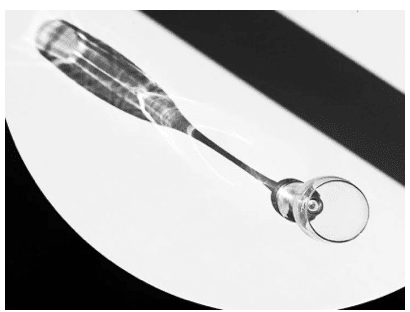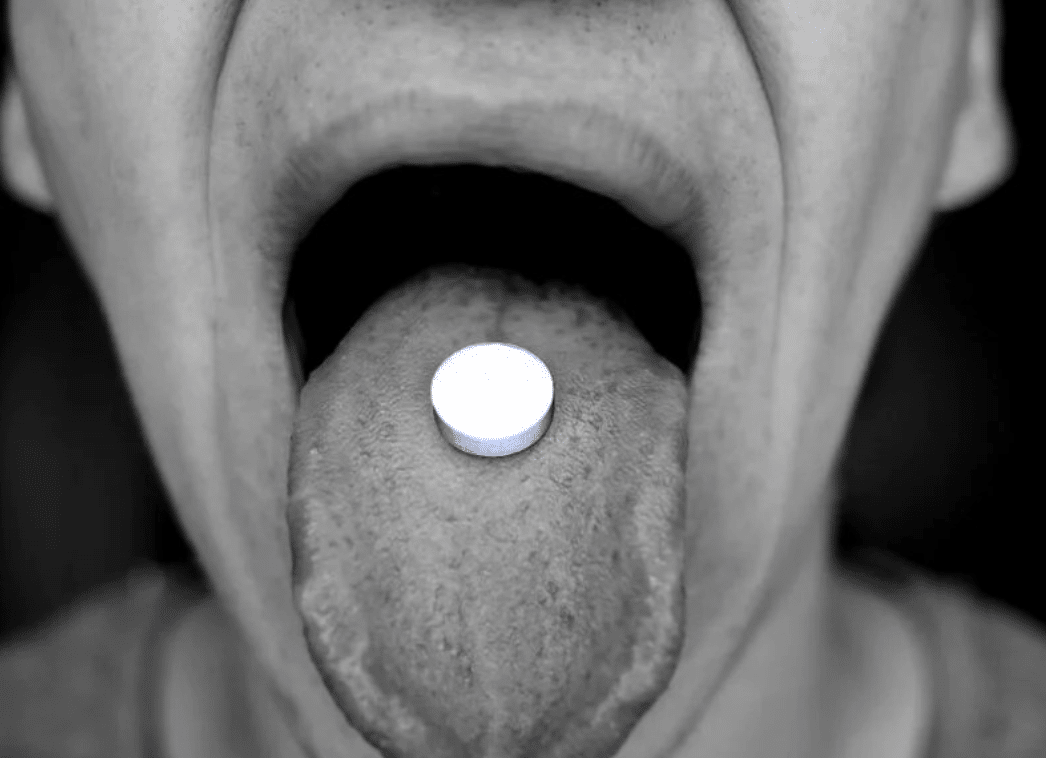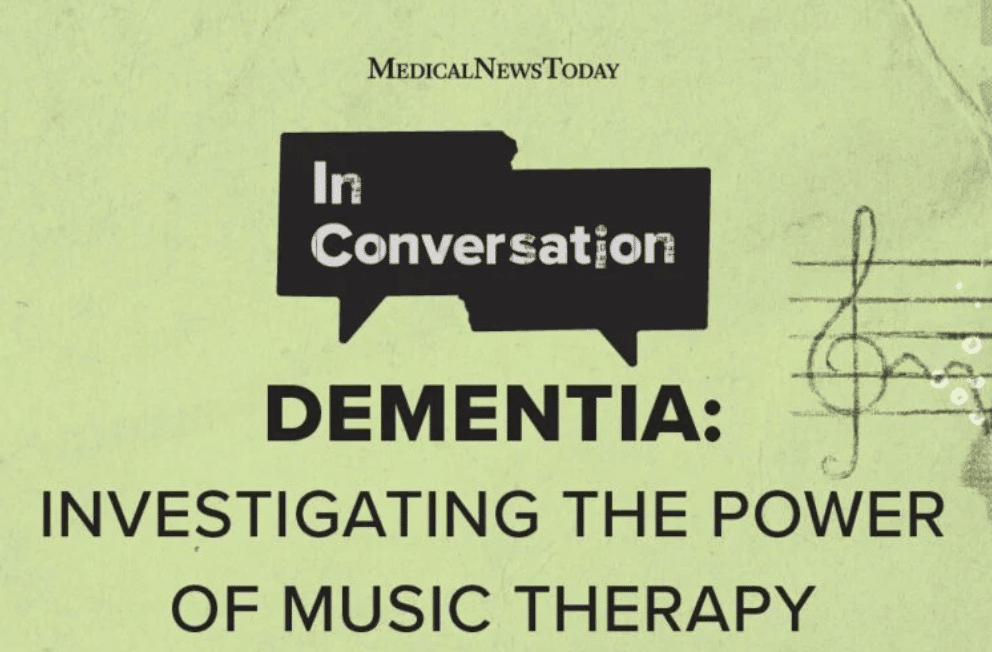As we age, our memory is likely to become less reliable.
Although this is considered to be an inevitable part of growing old, scientists are keen to understand how it might be curtailed.
As the population ages, understanding ways to reduce cognitive slowing are more important than ever.
The hippocampus, which is a brain structure that sits within the temporal lobe, is of particular interest to researchers trying to understand this problem.
Vital for learning and memory, the hippocampus is particularly sensitive to stress and, as we grow older, it is one of the first regions to suffer. In Alzheimer’s disease, this deterioration is even more pronounced.
Exercise and the hippocampus
In the past, studies have revealed that exercise can enhance some aspects of cognitive ability and improve memory performance. Also, adults who are more physically active tend to have increased hippocampal volume.
In order to find out why exercise might benefit the hippocampus and memory performance, some scientists have asked whether physical activity stimulates the growth of new brain cells in the hippocampus (known as neurogenesis).
This process would take some time, and, therefore, any benefits to brain health would take a while to become apparent.
Recently, however, a team from the University of California, Irvine and the University of Tsukuba in Japan ran some experiments to investigate whether exercise may enhance memory over a much shorter space of time: minutes, rather than days or weeks.
The study authors explain that it certainly is possible that brain cell growth could be stimulated by exercise, but there might also be a quicker mechanism involved that runs in parallel.
The authors wanted to chart any measurable improvements to memory-based brain activity in the first few minutes following light exercise. Their findings were published recently in the journal Proceedings of the National Academy of Sciences.
So, to investigate, 36 healthy young adult participants carried out just 10 minutes of light exercise. The team then used high-resolution functional MRI to measure any changes in brain activity.
Instant brain benefits
The brain imaging showed improved connectivity between the dentate gyrus, which is part of the hippocampus that is thought to play a role in laying down new episodic memories, and cortical areas involved in detailed memory processing.
Also, when the researchers tested the participants using a memory recall test, the increased connectivity correlated with improved memory performance.
“What we observed is that these 10-minute periods of exercise showed results immediately afterward.”
Project co-leader Michael Yassa
Yassa believes that it is “encouraging to see more people keeping track of their exercise habits — by monitoring the number of steps they’re taking, for example,” he explains. “Even short walking breaks throughout the day may have considerable effects on improving memory and cognition.”
How many pounds have you lost this month? At Dieta Efectiva you can lose 10-12 lbs your first week and 2-5 lbs every week after. Visit us dietaefectiva.netto learn more about our program.
NN::JG







